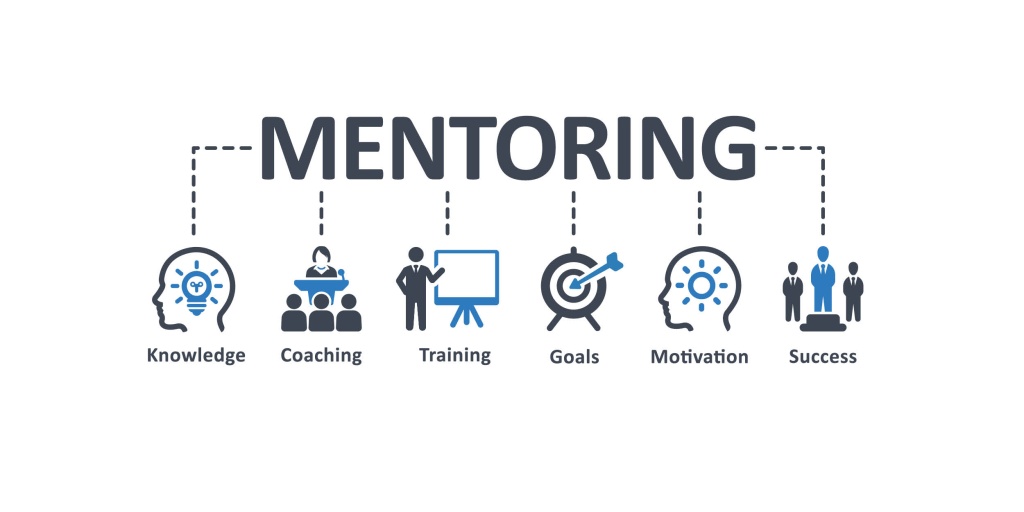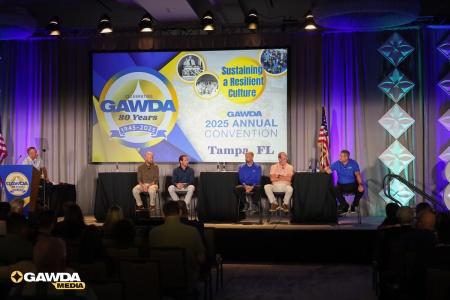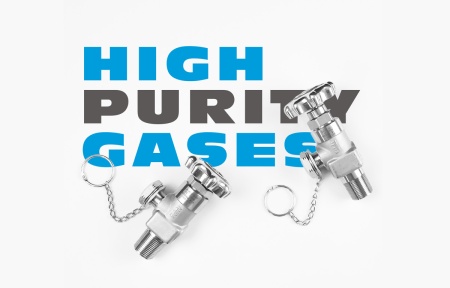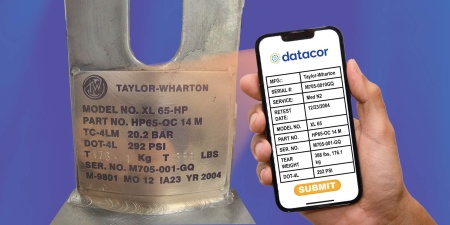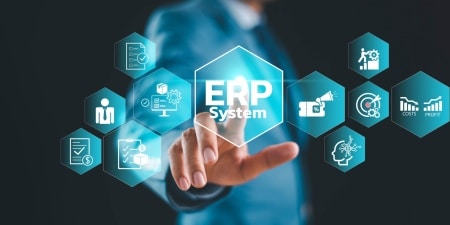Sustaining a Resilient Culture.
By Randy Squibb, 1994-95 GAWDA President
This year’s GAWDA Spring Management Conference theme is a topic that is near and dear to my heart: “Sustaining a Resilient Culture.” As GAWDA members know, the welding and gases industry has always been built on expertise, relationships, and a strong cultural identity. However, as experienced professionals retire, we risk losing something irreplaceable—the deep knowledge, leadership skills, and personal connections that define our industry. This year’s GAWDA President Eric Wood dubbed this phenomenon “brain drain.” And, in my opinion, this “brain drain” poses one of the greatest threats to our independent distributor members. If we want to “sustain a resilient culture,” we must act deliberately to preserve institutional knowledge, mentor the next generation, and reinforce relationship-driven business practices. Or we risk losing what has made our independent members so special in the first place.
Mentorship: The Key to Knowledge Retention
Brain drain doesn’t happen all at once; it’s a gradual process. We can either ignore it until it’s too late or proactively address it through intentional mentorship.
Throughout my career, I’ve learned from industry veterans who shared not just technical expertise but also leadership lessons, problem-solving strategies, and relationship-building insights. That is, in my opinion, the greatest benefit to being a GAWDA member. You get so much more out of it than you give.
As I wrote in a previous article, “Building a Bridge for Future Generations, “Develop a network within GAWDA so you can learn from mistakes your peers have made, as well. I was the luckiest guy in the world. I was able to build relationships with the likes of Bill Higley, Chip Valentine, Jack Butler, Dave Mahoney, Wally Brant, and so many others. And I was fortunate enough to be able to pick up the phone when I was faced with a challenge and call Bill up in Marinette, Wisconsin, totally out of my marketplace, and pick his brain about that issue. And 9 times out of 10, they had faced the exact same issue at their company, and they were able to explain how they addressed it.”
A resilient culture isn’t built by accident—it’s cultivated through hands-on guidance and real-world experience. We need to structure mentorship programs within our businesses, ensuring younger employees don’t just learn tasks but absorb the strategic thinking that has fueled our industry’s success. When we invest in mentorship, we turn brain drain into brain gain.
Navigating Leadership Transitions in Family Businesses
Within our family-owned companies, brain drain can be even more pronounced. Many of these businesses have been led by the same individuals for decades. Because our cultures are so strong, employees come and they stay, for 30, 40, sometimes 50 years, accumulating a wealth of knowledge that can’t be replaced overnight. But if that leadership isn’t strategically transitioned, both the company and its culture can suffer.
To prevent this, we must:
- Ensure the next generation is prepared with both technical and leadership skills. This means, in some cases, encouraging them to gain outside experience, build independent relationships, and develop their own problem-solving abilities.
- Plan for a gradual transfer of responsibility rather than an abrupt leadership shift. As I noted in my article, “Tips for Transitioning Out of Your Family Business,” “Too often, owners wait until they’re ready to retire to think about succession. By then, it’s too late to ensure a seamless transition.” People might be sick of hearing me say it, but as Dr. Leon Danco said, “If you don’t have a transition plan in place, don’t worry about it. Those plans will get made three cars back from the black limousine on the day of your funeral.” Don’t let your company’s next chapter, and by extension your company’s culture, be written on the day of your funeral. Plan in advance.
If we don’t actively pass the torch in a way that preserves our industry’s best practices and values, we risk losing not just leaders but the essence of what has made these businesses successful for generations.
The Role of Relationship Selling in Sustaining Industry Culture
One of the most significant casualties of brain drain isn’t just lost technical expertise—it’s the fading emphasis on relationship-driven sales. As automation and digital tools become more prevalent, some businesses have drifted away from the personal connections that have traditionally driven success in our industry.
Technology enhances efficiency, but it cannot replace the trust, reputation, and kind of loyalty that comes from human connection. Like I wrote in “Relationship Selling: The One Thing That Technology Can’t Replace,” “No matter how advanced technology becomes, people still buy from people. Relationships are the foundation of every successful deal.”
If we want to sustain our culture, we must ensure these principles don’t fade with the older generation. We need to teach younger professionals the value of personal relationships and give them opportunities to build connections that will last throughout their careers.
Building a Resilient Future Together
So, how do we combat brain drain and sustain a resilient culture? We take action today. I challenge each of our members, regardless of their position or tenure, to take up this noble cause.
- Seasoned professionals: Commit to mentoring someone. Share your knowledge, experiences, and problem-solving approaches.
- Young professionals: Seek out learning opportunities—not just technical knowledge, but strategic and relationship-building skills.
- Business leaders: Establish structured transition plans to ensure that knowledge doesn’t leave when people retire.
A resilient culture isn’t something we inherit—it’s something we intentionally build and sustain. Our industry’s strength lies in the expertise, relationships, and leadership of its people. Let’s make sure we don’t let that slip away.



